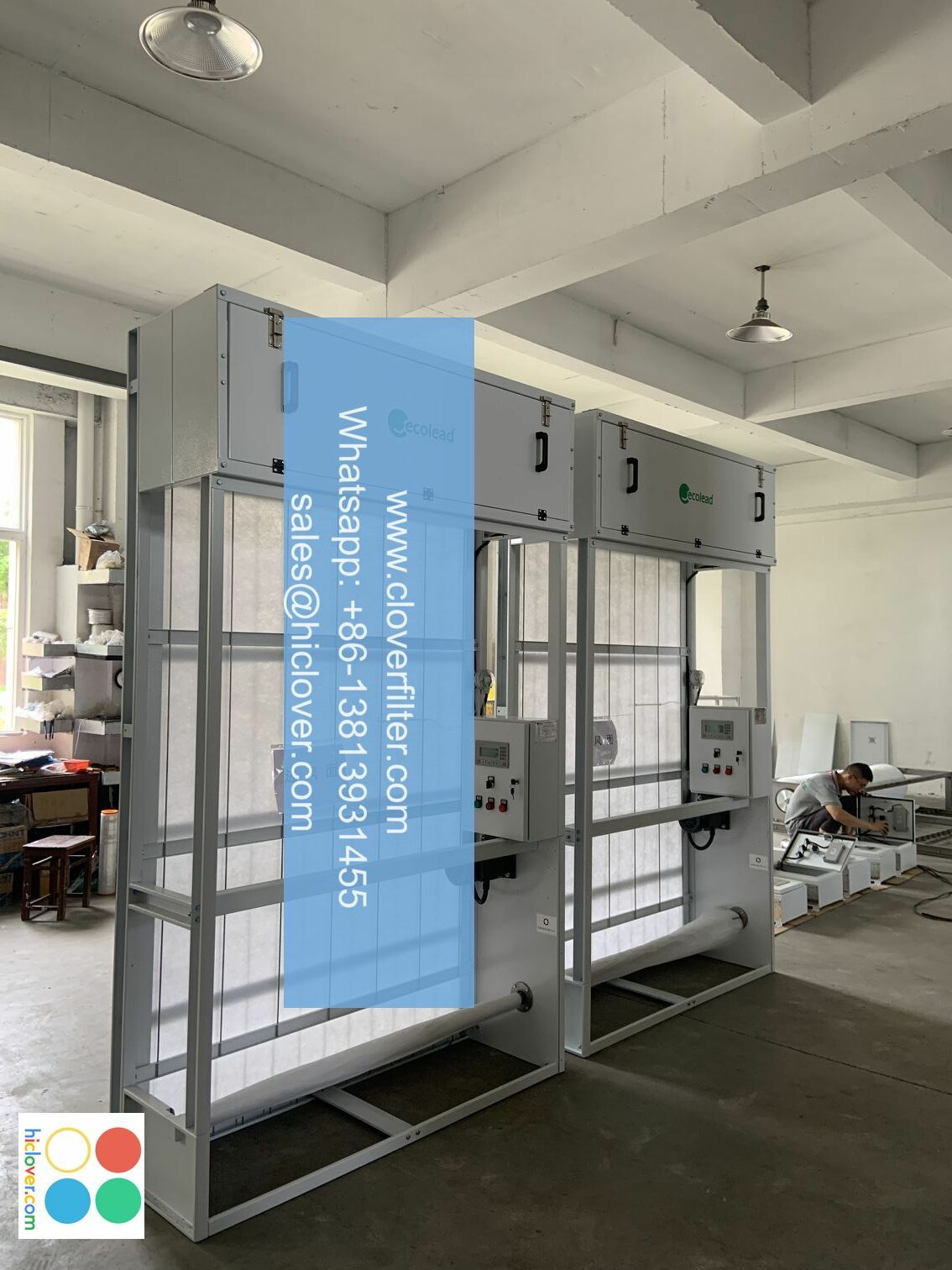Air Filter 101: Understanding the Basics

Air Filter 101: Understanding the Basics
What is an Air Filter?
An air filter is a device designed to remove impurities and contaminants from the air, improving the quality of the air we breathe and the performance of various systems and equipment. Air filters come in a variety of forms, including disposable filters, reusable filters, and active filters, each with its own unique characteristics and benefits.
Types of Air Filters
Air filters can be broadly categorized into two main types: Mechanical Air Filters and Active Air Filters.
- Mechanical Air Filters: These filters use a physical barrier to capture particles and contaminants, such as dust, pollen, and other airborne debris. They are commonly used in residential and commercial HVAC systems, as well as in industrial settings.
- Active Air Filters: These filters use chemical reactions or biological processes to remove impurities from the air. They are often used in hospitals, laboratories, and other environments where high-purity air is critical.
- Particle Capture: The filter’s porous medium (e.g., fibers, activated carbon, or other materials) attracts and captures particles and contaminants, such as dust, pollen, and bacteria.
- Chemical Reaction: Active air filters use chemicals, such as oxidizers or absorbers, to break down and neutralize pollutants.
- Clean Air Emission: Clean air is released from the filter, free from impurities and contaminants.
- HVAC Systems: Residential and commercial heating, ventilation, and air conditioning systems rely on air filters to maintain healthy indoor air quality.
- Industrial Processes: Industrial processes, such as manufacturing and processing, require high-purity air to prevent contamination and ensure product quality.
- Medical and Healthcare: Medical facilities, hospitals, and healthcare institutions require high-efficiency air filters to maintain a clean and sterile environment.
- Automotive: Air filters are used in vehicles to improve engine performance, reduce emissions, and maintain air quality.
- Efficiency: Measured in MERV (Minimum Efficiency Reporting Value), efficiency levels range from 1-20, with higher numbers indicating better performance.
- Width and Depth: Filter size and thickness impact airflow and filter lifespan.
- Material: Filter material, such as fiberglass, activated carbon, or other synthetic materials, affects filter performance and lifespan.
How Air Filters Work
Air filters work by using a combination of physical and chemical processes to remove impurities from the air. Here are the basic steps:
Applications of Air Filters
Air filters have a wide range of applications in various industries, including:
Choosing the Right Air Filter
When selecting an air filter, consider the following factors:
Conclusion
Air filters play a critical role in maintaining indoor air quality, protecting equipment and systems, and ensuring the health and well-being of individuals and communities. By understanding the basics of air filters, including types, how they work, and applications, you can make informed decisions when selecting and maintaining these essential devices.
I’m happy to help with a prompt! What would you like to talk about or ask? Do you have a specific topic in mind, or are you looking for a fun conversation?


